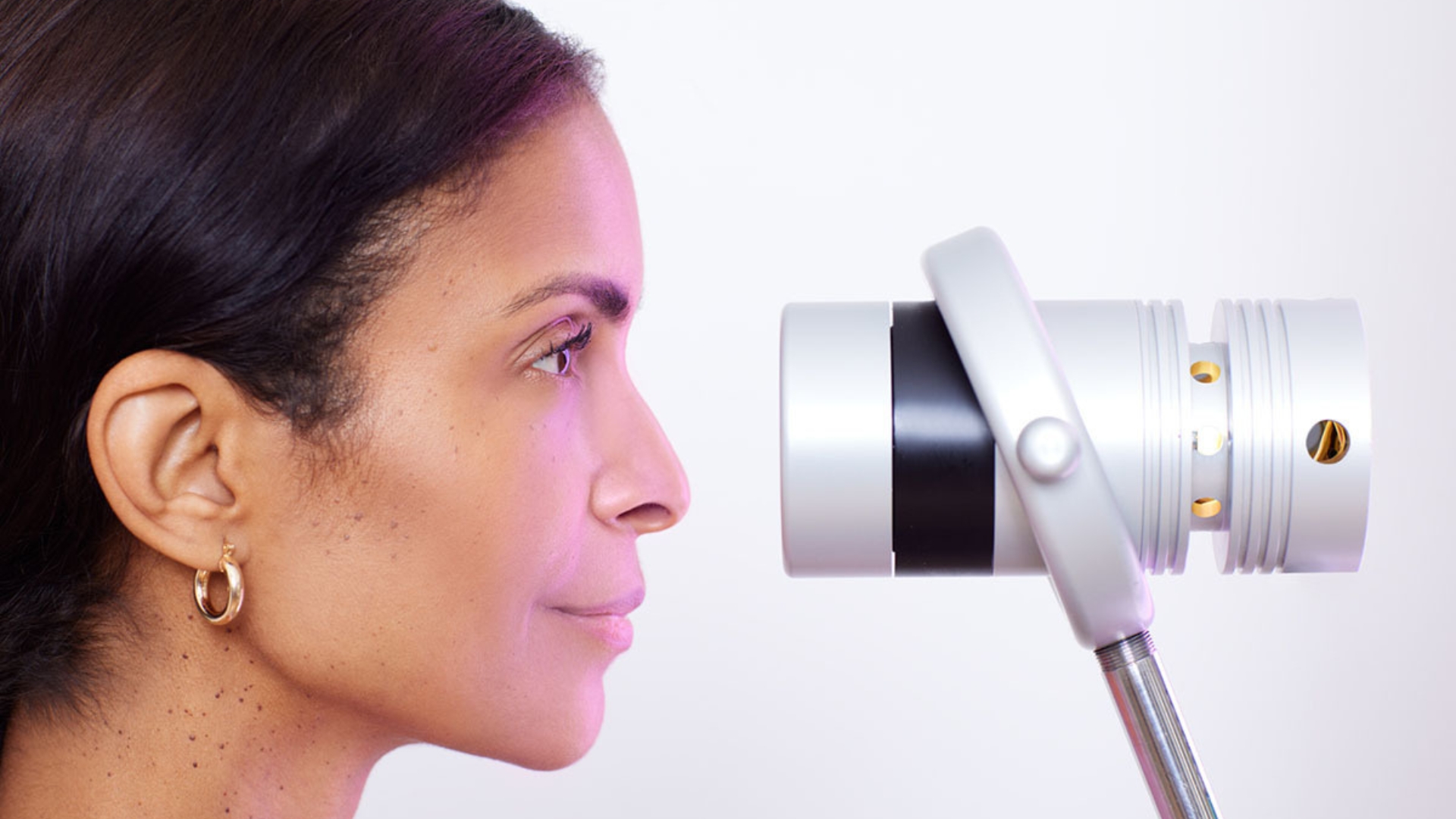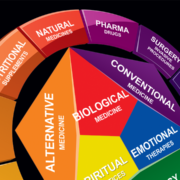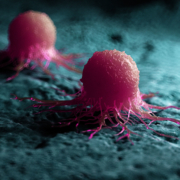Alternative Treatments for Parasite Infections
Parasite infections don’t just happen in tropical locations or developing countries. According to the Centers for Disease Control and Prevention (CDC), parasites infect millions of Americans each year. While some parasitic infections go unnoticed, others can wreak havoc on the body. Meanwhile, treatment for parasites can leave you feeling less-than-optimal, which may lead you to wonder about alternative parasite treatments.
In this article, we’re going to examine what parasites are, the different types of parasites, the signs and symptoms of a parasite infection, and alternative parasite treatments. Let’s get straight to it.
What is a Parasite?
The word “parasite” already has a negative connotation, and this is for a good reason. Essentially, a parasite is an organism that lives off its host. Moreover, parasites compete for resources. They take food, energy, nutrition, and enzymes from their hosts, often leaving a person infected with a parasite with extreme fatigue and brain fog.
In fact, research indicates that humans act as hosts for almost 300 parasitic worms and over 70 protozoa species. This unhealthy relationship dates back thousands of years with the earliest reports of parasitic infections occurring between 3000 and 400 BC in Egypt.
When it comes down to it, parasites deplete the body’s energy systems. As a result, an individual with a parasitic infection can experience secondary conditions, simply because the body doesn’t have energy for restorative and regular maintenance functions.
For example, the Mayo Clinic suggests that some individuals can develop lactose intolerance due to a Giardia infection — something that can linger long after the parasitic infection has resolved. Additionally, parasites can leave the host malnourished and dehydrated, resulting in the risk of death. In children, parasites can also cause physical and mental development problems, leading to illness and disease as adults.
All in all, a parasitic infection can seriously affect a person’s overall health. Every organ and system in the body requires energy. Yet, a parasite steals this energy, as well as disrupts the ability of the body to consume nutrients and necessary energy. This can further lead to disruptions within the nervous system, specifically with neurotransmitters that require nutrients for their creation.
Different Types of Parasites
There are three types of parasites, including:
- Protozoa – These are single-cell organisms that can divide and multiply within the host. An example of a protozoa is giardiasis, which can be contracted through contaminated water.
- Helminths – Known more commonly as worms, helminths are multi-cell organisms that can live in or outside of the host. These include tapeworms, flatworms, and roundworms.
- Ectoparasites – These types of parasites live on their host, often feeding off of the host’s skin. Common examples include lice, fleas, mites, and ticks.
The method of spread of a parasite can greatly vary. Some parasites spread through contaminated water and food, while others spread through blood, soil, waste, and sexual contact. In other cases, insects can act as carriers of parasitic diseases. This is true for malaria which is transmitted by mosquitoes.
Signs and Symptoms of a Parasite Infection
Symptoms are variable, depending on the type of parasitic infection you have. Some parasitic infections can also go undetected, since the host might experience few or no symptoms. However, for many parasitic infections, the symptoms include:
- Rashes
- Weight loss
- Muscles aches and pains
- Abdominal pain and cramping
- Diarrhea, gas, and vomiting
- Fever
- Allergies
- Fatigue
- Weakness
Parasites & Traditional Treatment: What to Expect
Typical parasitic treatment depends on the type of diagnosis you receive. Surprisingly, some types of parasites can live up to 30 years in their host, especially if treatment isn’t sought out. Research even shows how specific parasites can have more than one host.
Usually, a doctor prescribes antiparasitic medication to treat a parasitic infection, as well as other medications to help combat certain life-threatening symptoms like diarrhea and dehydration. Additionally, they may recommend lifestyle and environmental changes to shift the internal terrain of the body and make it less hospital for a parasite. For diarrhea and dehydration, a lifestyle change may involve simply drinking more water.
How to Remove Them: Alternative Parasite Treatments
Other lifestyle changes to rid your body of parasites may involve making the internal environment less acidic and more alkaline, such as by reducing caffeine and sugar intake. Additionally, finding ways to reduce stress in your life, as well as exploring ways to increase lymphatic drainage and improving detoxification within the body by enhancing the function of the elimination organs, including the liver, lymphatic system, and kidneys, can help.
More specifically, these may include:
1. Cleanses & Enemas
From coffee enemas to morning cleanses, there are various ways you can support your elimination organs and help your body detoxify properly. Dr. Linda Lancaster shared her Harmonic Healing Liver Cleansing program on a recent podcast episode of Your Health. Your Story., which included a green liver drink to support the liver and gallbladder.
Dr. Hulda Clark also produces a ParaCleanse, which includes the three herbs, black walnut hull, cloves, and wormwood. All of Dr. Hulda Clark’s products are built on purity, which means only the best and most natural ingredients are used.
2. Oxidative Therapy
Parasites, viruses, and fungi thrive in an oxygen-sparse environment, and this is where oxidative therapy can play a role in your treatment regime. Oxidative therapy uses oxygen to reduce toxic accumulation within the body. In other words, it helps transform toxins into a substance that is easy for your body to eliminate.
Examples of oxidative therapy include ozone therapy, hydrogen peroxide therapy, and airnergy. Additionally, breathwork can also help your body obtain more oxygen.
3. Lymphatic Massage
The lymphatic system is responsible for removing cellular waste from the body. Lymphatic massage is a type of bodywork that encourages the flow of the lymph fluid so that waste can be efficiently eliminated. In turn, this enhances the function of the immune system and reduces inflammation in the body.
Lymphatic massage is often used to complement treatments involved in Lyme Disease. Lyme disease is a bacterial infection that can occur from a tick bite. Other therapies that also help treat Lyme Disease include Matrix Regeneration Therapy, Nambudripad’s Allergy Elimination Technique, Neuro Emotional Technique (NET), and Biomagnetic Therapy.
4. Supplementation
Supplementation may also help in some cases, providing an easy go-to alternative parasite treatment. These supplements may include:
- Berberine – Studies show how this herbal compound can help protect against parasitic infections.
- Papaya Seeds – Research demonstrates how papaya seeds can potentially reduce the instances of roundworm eggs found in children’s stool.
- Wormwood – Wormwood has actually killed and paralyzed parasites, more specifically tapeworms.
- Pumpkin Seeds – Similar to the above compounds, research indicates the potential of pumpkin seeds in helping reduce parasite incidences.
- Artemisinin – Derived from wormwood, artemisinin is used to treat malaria.
Your doctor may further recommend supplementation or specific diet alterations to help you recover after a parasitic infection, allowing your body to regain the nutrients and energy it needs.
Find Your Unique Treatment Combination
Ultimately, what works in terms of alternative parasite treatments varies from person to person. It’s all about finding the right combination of treatments that work for you and your health. If you’re traveling to a place where there is a higher risk of parasitic infections or you’re at risk of exposure, you may also want to consider preventative methods which overlap with some treatment options.
At the end of the day, maximizing your body’s potential and taking care of your health through every phase of life can lower your risk of illness and disease, ensuring you live a long, happy, and healthy life.

Disclaimer: The statements made in this article have not been evaluated by the Food and Drug Administration. Any products or treatments mentioned are not intended to diagnose, treat, cure, or prevent any disease. Please consult a licensed medical practitioner for medical advice.
At Innovative Medicine, we believe in transparency. We want you to know that we may participate in affiliate advertising programs pertaining to products mentioned herein.
See how we can help you restore complete health of body, mind & spirit.
Join our mailing list and receive exclusive offers + information!







Leave a Reply
Want to join the discussion?Feel free to contribute!